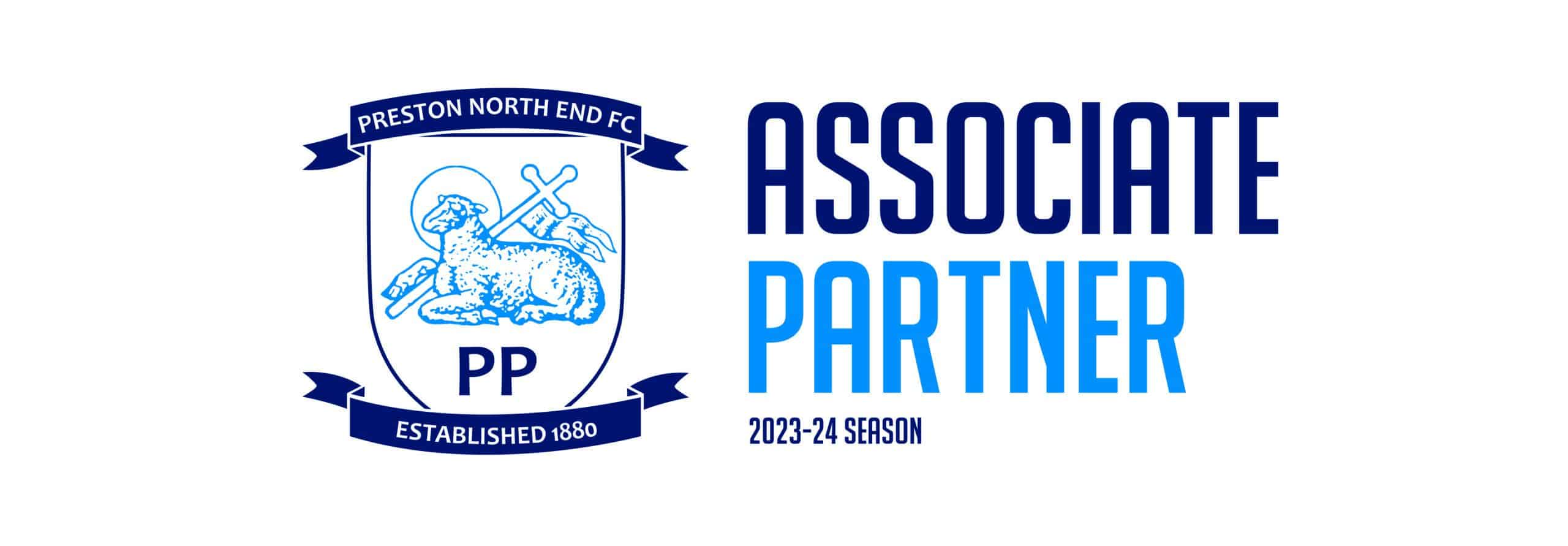Japanese Knotweed
- Expert Mortgage Advice
- Thousand of Mortgage Product
- Speak To Us To See If We Can Help
Get in touch today for a free, no-obligation chat about how we might be able to help you.
Home » Japanese Knotweed
Japanese Knotweed
Japanese Knotweed is a plant that can create chaos when buying and selling property. We’re here to help navigate this knotty problem.
What is Japanese Knotweed?
Japanese Knotweed (Fallopia Japonica) is an invasive plant that wasn’t originally native to the UK. It is a very aggressive weed with white flowers and bamboo-like stems. Lying dormant through the winter months, it grows rapidly in spring – as much as 30 cm in a single week.
Reaching a height of two metres above the ground, it’s underground that Japanese Knotweed causes trouble. Its roots can damage foundations, drainage systems and walls – and if ignored, it could make a house very difficult to sell.
Frustratingly, when Knotweed seems to have been dealt with, it can grow back. Building an extension or laying a patio can often kickstart problems where a dormant root is dug into, causing regrowth.
Can Japanese Knotweed stop you getting a mortgage?
A lot of mortgage lenders won’t give you a mortgage on a property with Japanese Knotweed, because of the potential damage to the building. Some providers will allow borrowing, but you will need to provide a lot of detail around the severity of the problem and how it has been controlled.
There are four levels or categories of Knotweed invasion as set out by the Royal Institute of Chartered Surveyors (RICS):
A – Knotweed is within 3m of a habitable space and is causing visible damage.
B – Knotweed is present but more than 3m away from a habitable space. It is not causing damage but is affecting access to the space – e.g. a pathway or drive.
C – Knotweed is present but is not causing any issues to property or access.
D – There is no Knotweed on the property but it is present on neighbouring land.
If the property is in category A or potentially B it will be difficult to get a mortgage. If any of the categories apply, you or your neighbour will need to seek advice from a specialist on the best course of action.
Do surveyors check for Japanese Knotweed?
Yes – surveyors are trained to spot these invasive plants, and they do have distinctive leaves. If Knotweed is flagged up on a survey, a specialist report will be needed – at the expense of the seller.
This report categorises the risk to the property on the RICS scale detailed above, and makes recommendations about how to control the plant. The property owner also needs to advise the Environment Agency that the plant has been detected.
Do sellers or estate agents have to disclose Japanese Knotweed?
Yes – the seller of a property has a legal obligation to declare Japanese Knotweed on the land. They should also make the estate agent aware. If either party knows that the invasive weed is present but doesn’t disclose that, they’re liable for legal action.
How much is it to remove Japanese Knotweed?
The cost will depend on how severe the infestation is and how it will be eliminated. Even a small area of weed can cost several thousand pounds to clear. Part of the expense is due to the fact that the stems must be disposed of at a licensed landfill site.
Large infestations have been known to cost more than £30,000 to treat.
Is Japanese Knotweed removal covered by home insurance?
Most buildings insurance policies won’t let you claim for removing Knotweed, unless you take out a specialist Japanese Knotweed insurance policy before the plant is spotted near your property.
Insurance often won’t cover any damage caused by Japanese Knotweed either. If the Knotweed is on your land, insurers often take the view that you haven’t taken steps to protect your home.
Is it a bad idea to buy a home affected by Japanese Knotweed?
Not necessarily. From an investment point of view, it could mean you will get a very good deal on a house – it’s a bargaining tool. You can then get rid of the Knotweed and have bought a home at a good price.
How can a Mortgage Broker help?
While we can’t specifically address the Knotweed infestation, we can certainly explain the options that are open to you. We can help whether you already own the affected property or it’s a property you’re considering buying.
It’s more important than ever in this situation to get good advice. Getting a mortgage or remortgage is not impossible, especially once the problem has been treated. You might need to take out certain insurance to qualify for a mortgage deal. We’re here to help you with advice and support at every step.
Approved by the Openwork Partnership on 11.05.23
YOUR PROPERTY MAY BE REPOSSESSED IF YOU DO NOT KEEP UP WITH YOUR MORTGAGE REPAYMENTS
Useful Links
- Limited Company Director Mortgages
- Self-Employed Mortgages with One Years Accounts
- Buy To Let Self Employed Mortgages
- Documents needed for Self-Employed Mortgage
- Joint Mortgage Applications when One is Self Employed
- What Income do Mortgage Companies Look at Self-Employed
- Are Self-Cert Mortgages Still Available?
- CIS Mortgages
